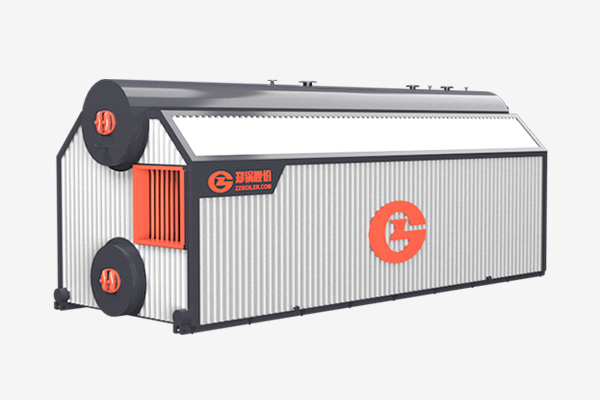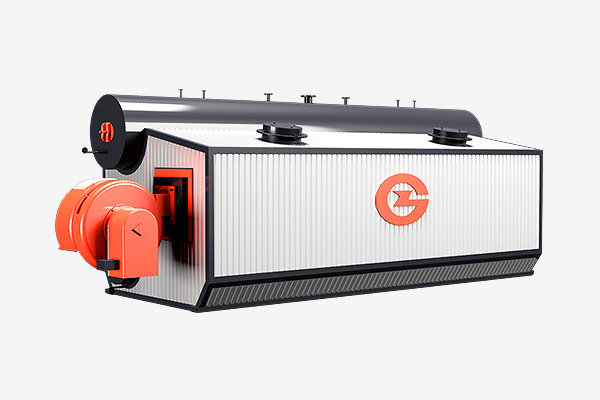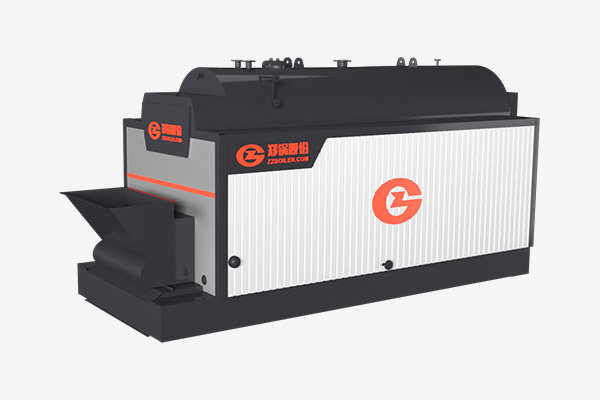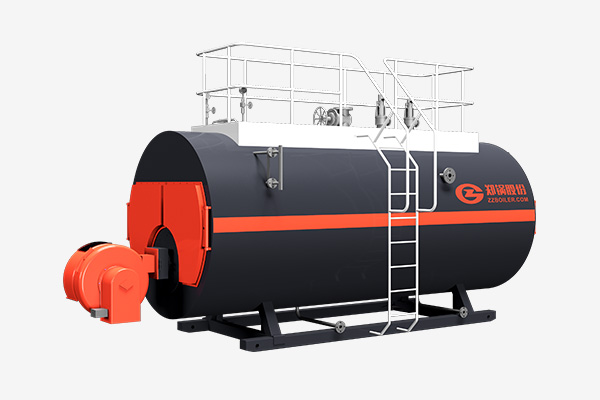How To Solve The Problem of Boiler Scale
2015-08-06 14:53:12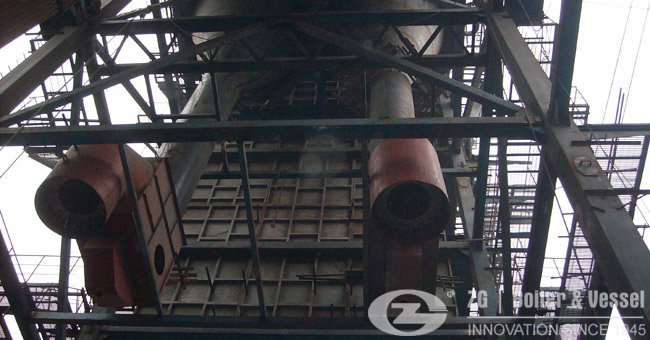
Reasons of scale formation
Water takes large part of an industrial boiler, scale formation is a common phenomenon in boilers. Most scale in industrial boilers is because of the hardness in the make-up water. Other materials such as iron, silica, copper, oil, etc. are often the sources of boiler scale. In fact, these are also the main material included in scale. They react within the boiler in the high temperatures environment to form the insoluble scale.
Effect of scale in industrial boiler
The scale stores at the heat transfer surfaces, acting as an insulator to impede heat transfer, which will lead many disadvantages, such as low efficiency, high maintenance fee, more operating costs, short service life, and so on. The larger the boiler is, the more the scale will be. For example, the tubes of large scale cfb boiler are more than packaged chain grate boiler, or some other packaged boilers. When the scale is too much in the boiler, it will lead to boiler explosion. So during the normal operation of boiler, proper treatment should be taken to stop or slow down the scale formation.
Stop scale formation from happening
Normally, soften the water before feeding it into the boiler is necessary to eliminating scale formation. Even when the make-up is soft, there is still a need to put some chemical material into the boiler to handle the scale. We should also have a good idea of the make-up water used in boiler system. Proper control the materials such as iron, silica, copper, oil and others in the feed water can stop scale from forming effectively. Besides, the pH of the condensate is maintained slightly above 7.0. It is necessary to remove dissolved oxygen with an oxygen scavenger, avoid the oxygen react with other components of water or boiler tubes to produce precipitation. At last, a regularly drain contamination is also helpful to boiler.
For all inquiries, please fill in the form below (* are required) to send us a brief message, and we will get back to you as soon as possible.
